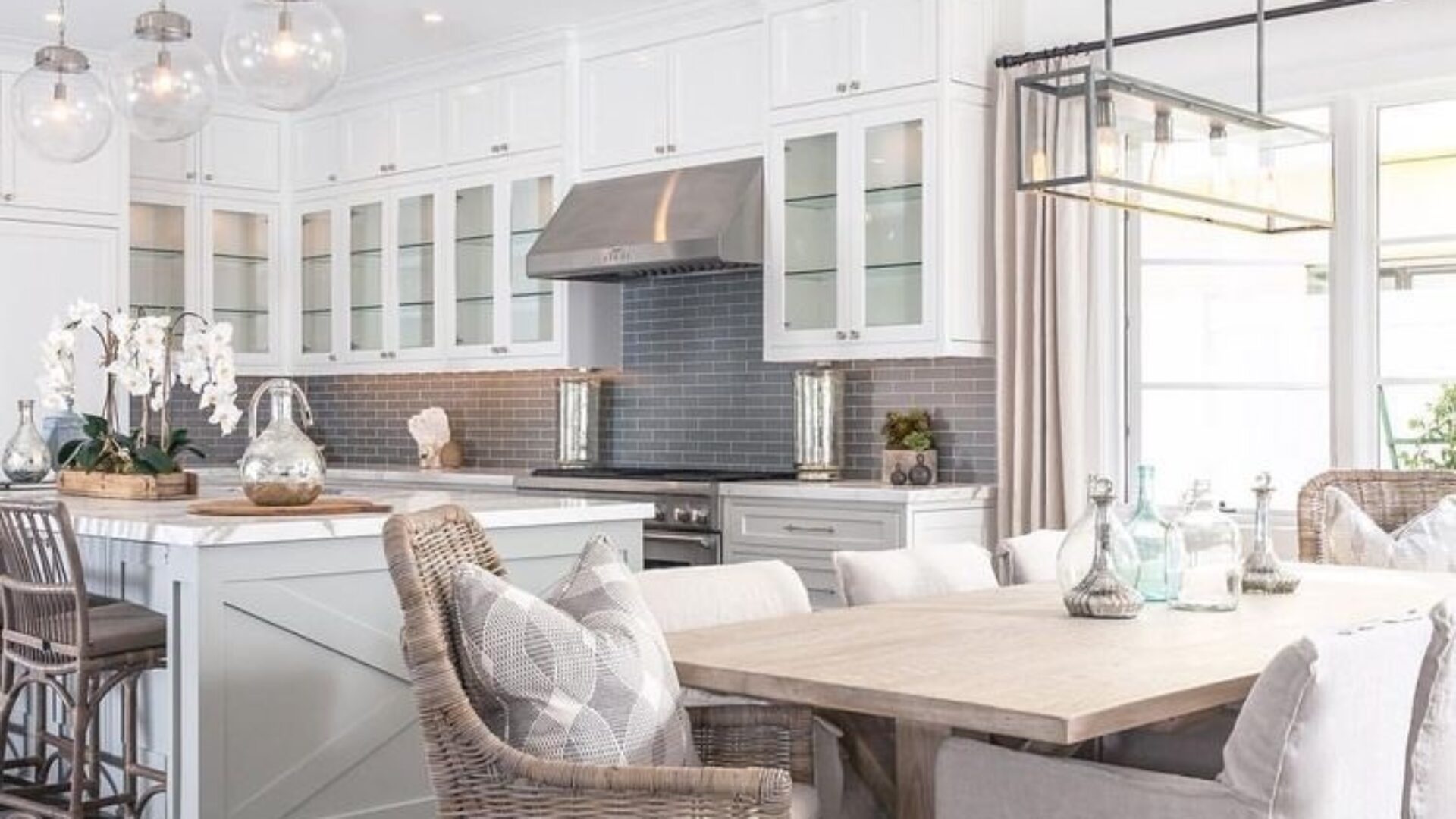Have You had the Real Estate Discussion With Your Children Yet?
If that is something that you have in mind, sooner may be better than later. The rate of price decreases has slowed down significantly, and in some neighborhoods, there are multiple offers.
Some Factors to Consider
Even if prices move down a bit more, with interest rates likely being higher, then greater monthly carrying costs would result.
Another economic aspect to consider is the tax write-offs that accompany most homeownership, primarily from the deductibility of interest payments on loans up to $1.1 million. Of course, if your children are currently paying rent, their payments would begin to build up equity if they were being made on a purchased home.
Where to Start with your Children?
There are situations where young adults are already employed professionally but feel they cannot afford to buy a $1.5 million home. In those cases, if they can afford $5,000 per month payments, your assistance with a 25% down payment might be enough for your children to qualify for a loan for that home.
Financial and estate-planning experts may be consulted for various suggestions and alternative ideas that might best suit your family’s situation. In fact, before making any final decisions, you should talk to your tax advisor or accountant to understand how the different options may impact you and your children.
Emotional Readiness to Buying a Home
An even more significant factor could be your children’s emotional readiness to become a homeowner. If they are not quite emotionally prepared for the responsibility of homeownership, perhaps a gradual plan could be implemented, with a way of educating them and exposing them about the opportunity to be an owner someday.
I have known of several families where the parents contributed a gift of the down payment, large enough to enable their children to qualify for a loan for the balance of the home purchase. I have seen some cases where the parents also went on the title in partnership with the children, as part of a long-term plan to gift them a certain percentage of ownership each year.
Some situations have required the parents to also be on the note secured by a trust deed for the home. In others, family trust funds were used to provide a large down payment or to purchase the property in the name of the trust.
Everyone Starts Somewhere
Even if a very small home or a condo is purchased, it represents an important starting point. They could later either add on to it or use the equity to sell it and buy a larger home.
Another approach I have seen is for the family to purchase a triplex or 4-unit building, and have the children move into one of the units. The income from the other units may be enough to come close to break-even, depending on the size of the down payment. In later years, the children may have gradually acquired more interest in the property, and it can become income property for them when they then move into a home of their own.
Key Takeaways
I think it is worthwhile to explore as many options as your financial advisors can suggest, and then take action as soon as feasible. This may be one of the most practical and tax-wise strategies for the transfer of wealth to the next generation. And with the home affordability index still relatively low, family-assisted home purchase plans may be even more helpful as time goes by and mortgage rates rise.
Of course, the same principles hold for possible generation-skipping family planning, with grandparents setting up the means whereby their grandchildren get a head start on the ownership process. There also may be certain tax advantages to the overall family, depending on how the plan is structured. The family must consult tax experts before deciding on any concept or plan of action.
Your children or grandchildren will be very thankful in the years to come for your far-sighted planning and ability to use your present high asset value to give them a step up at the beginning.




